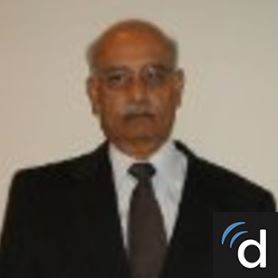“My son has a small throat polyp. Will he have to under general anesthesia for the surgery?”
My 13 year old son was diagnosed with a small, benign polyp in his throat. He will need surgery to have it removed. Does this type of surgery require him to go under general anesthesia?
7 Answers
Yes, he will need general anesthesia as the polyp may rest on or near the vocal cords. The cords need to be both isolated and somewhat motionless to enable the surgeon proper access. No worries though, general anesthesia is now very safe, and best wishes to your son!
If the surgeon thinks he can do it, depending on the location of the polyp and the maturity of the child, it can be done under local anesthesia or general anesthesia. But in a 13-year-old, if I had a choice, I would prefer to administer general anesthesia for the surgery. As an anesthesiologist, I always like to have access to a patient's airway and control the respirations during the surgery.
Yes, because the polyp sits within his airway at the back of the throat. During polyp Surgery your son will be required to stay still and not move. It also depends on how large and extensive the polyp is relative to his vocal cords and laryngeal inlet. These structure are highly innervated with nerves and very sensitive to touch. For instance if you inhale when it’s or cold or say smoke in the room you will most likely cough. The simple act of coughing may interfere with your sons pricedure.





